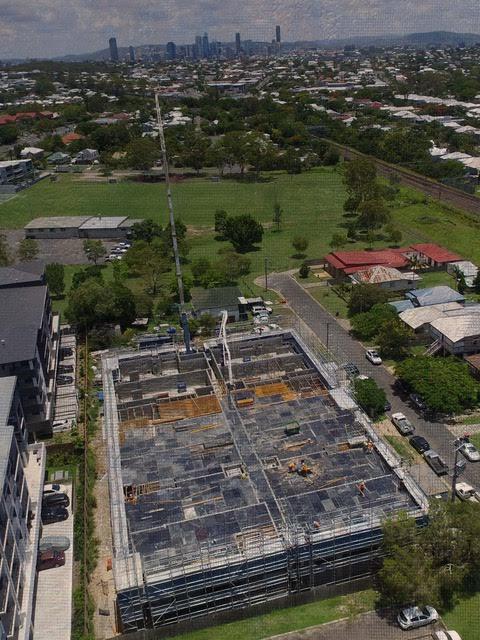Stylish interiors at Essence, Woolloongabba. 89 one, two and three bed apartments, expected completion 2018.
The Non-Bank Lending Landscape In Australia
In Australia, the non-bank market is continuing to develop as demand shifts focus. Over the past decade several other active property funds and investment managers have funded or invested in more than $15 billion in property value.
Also in this space are highly experienced property developers lending to localised and highly specific projects, such as high-rise apartments in Melbourne’s CBD, as well as family office centric investors.
“Newground Capital approaches the capital stack with flexibility in mind, which may see us providing either ‘stretch’ senior, mezzanine or Preferred Equity for construction projects located in Sydney, Melbourne & Brisbane.”
“And while the majority of our current projects are in the residential space, we also are looking for project partnerships in both the retail and commercial sectors.”
Erez says there are some key considerations though when it comes to choosing a non-bank finance solution.
“For instance, does the firm operate under an Australian Financial Services Licence (AFSL)?
“Newground operates under a wholesale AFSL where investment parameters are dictated by our investors – not APRA. As such, we have money to lend and can be flexible where the major banks cannot.
“Also check whether the lender has settled comparable transactions and whether they use tier one consultants such as valuers and lawyers.
“And most importantly do they actually have the money to lend and have settled comparable transactions in the past?”
With “non-bank” lending fast proving itself a viable and agile solution to the lending gap left by major banks, it’s earned the right to no longer be a dirty word.
The Urban Developer is proud to partner with Newground Capital to deliver this article to you. In doing so, we can continue to publish our free daily news, information, insights and opinion to you, our valued readers.











